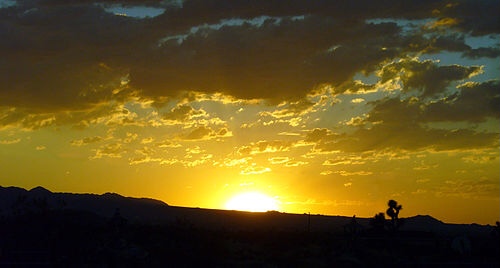
The phenomenon of solar sleep, which astronomers announced in the year 2020 and whose news was reported by the famous magazine “The Sun”, has triggered a great scientific controversy, between those who confirm its danger for life on earth and those who minimize the scope of this phenomenon that social network activists, of all religions, have taken as one of the signs of the apocalypse.
In fact, many astronomers have announced that the sun has entered a period of hibernation that would be disastrous because it could give rise to freezing weather, as well as volcanoes and earthquakes because of the low intensity of the sun’s energy.
Some American scientists from “NASA” have compared what is happening to what already happened between 1790 and 1830, when the temperature of the Earth dropped by about 2 degrees Celsius over twenty years, leading to extended periods of intense cold, the disappearance of summers and snowfalls in the middle of July. This phenomenon had also led to the loss of agricultural crops, reduced world food production and, as a result, starvation and the death of millions of people.
However, experts and academics from around the world questioned the validity of what “The Sun” reported, pointing out that what had been raised about the sun’s entry into a phase of hibernation and the occurrence of natural disasters were without scientific basis, adding that there were no definitive signs of the Earth entering an ice age. Rather, it is a lowering of the sun’s rays, a natural phenomenon that occurs at certain periods but which scientists are not yet able to explain, adding that, far from leading to natural disasters, this phenomenon will only affect the quality of communications, space travel and the global navigation satellite system “GPS”.
Although some scientists warned that the Earth could face very cold weather and heavy snowstorms over the next 30 years, others spoke instead of a natural cycle of solar activity that occurs every 11 years and will end between 2018 and 2020.

Be the first to comment